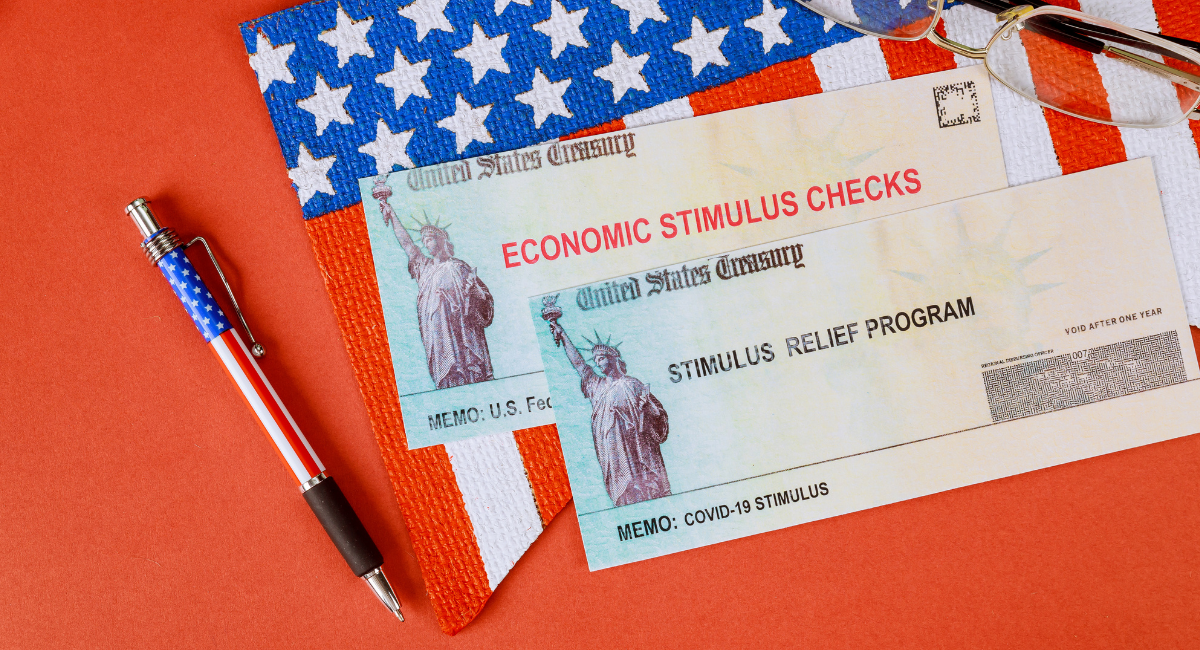The pandemic and the enforced lockdown have upended businesses, with some of the most successful ventures and business models experiencing crippling losses. Revenue inflows have taken a severe hit, and small businesses are reportedly finding themselves on a slippery slope – unable to sustain operations. It is becoming increasingly evident that monetary assistance and relief from the federal government are critical for staying afloat and resume operations in a phased manner.
Despite the progress on the medical front for a vaccine, it is too early to predict the duration of the impact of the virus. Therefore, small businesses and commercial real estate investors need assistance from the government for navigating through this challenging period.
Despite the government’s rollout of relief packages, many businesses and investors remain confused about the suitability, the nature of relief, and the eligibility. Here is a little compilation of the Federal government’s various relief options to help you avail suitable relief.
What are the pre-requisites for qualifying for various relief packages?
There are pre-requisites for businesses to qualify for availing relief through the various federal programs. The purpose of pre-requisites is to ensure that eligible firms and employees stand benefitted from the program.
The goal of the relief packages is to help small businesses that are typically covered under the SBA. Since most of the US areas belong to the federally designated disaster areas, the geographical location of a company will not be a precluding factor.
A business that qualifies as the SBA covers a small business. This effectively means that companies of a particular size and earning revenues within a specific limit belong to the category of small companies that are eligible for relief. For instance, a business with 500 employees or less, with annual revenues that are not more than USD 7.5 million are eligible for relief as a small business. This is the upper limit for the definition of a small business. However, this limit varies from sector to sector, and in some domains, the limits are halved.
Among the other criteria for availing loans, profitability used to be considered. However, in the case of relief packages, non-profits are also eligible for availing relief. The revised rules for eligibility of business include non-profits but excludes specific business models and activities. The complete list of qualified companies is listed out in detail on the SBA website.
#1 Paycheck Protection Program
Among the various options available under the CARES Act (Coronavirus Aid, Relief, and Economic Security Act), the Paycheck Protection Program is considered as one of the most effective programs. With a deep pocket of USD 349 billion, the program is an extension of the SBA 7(a) loan. For instance, the various options available under SBA 7(a) loan in include:
- Standard 7(a)
- 7(a) Small Loan
- SBA Express
- Export Express
- Export Working Capital
- International Trade
- Veterans Advantage
- CAP Lines
The PPP under the SBA 7(a) commercial real estate loans program is designed to help small businesses pay wages to employees. Companies unable to manage overheads and pay salaries to employees will find this scheme extremely useful in protecting employees’ interests.
While the terms of the above SBA 7(a) loans may sometimes appear challenging to comply with, the PPP schemes are relatively easier. This makes businesses eligible for availing the loan more comfortable ever, by being a program intended to protect employees’ interests and named accordingly, a company can benefit no-repayment options only if all the employees are retained for two months—also, funds from the PPP used for taking fired employees back on the payrolls.
PPP funds are intended to be used for wages, paying of rent, clearing interest on debts availed for the business, payment of mortgage interest, meeting utility expenses, and towards healthcare costs. The payment of interest for debt is also applicable for loans and mortgage availed before the pandemic period. A business that needs funds for employees’ retirement plans and other benefits that accrue to employees, including compensation for time off, can utilize the funds for the purpose. Entities can avail funding to a maximum of USD 10 million.
Relief from tax payments
In pursuance of objectives to offer relief to businesses, the government has brought in a slew of measures that include relief from tax remittances. This consists of an extension of the deadlines for filing of returns and for making the payments. This relief applied to all prices and did not place an upper limit on the tax amount due.
Various announcements of tax relief include the extension of the deadline for individuals, corporations and trusts, etc., for the filing of returns from the 15th of April to the 15th of July. The relief also offered S-corporations and partnerships an extension of the deadline from March to the 15th of September.
Similarly, C-Corporations were permitted to file returns till the 15th of October. The extension of deadlines helps businesses manage their limited revenues more effectively and grants more space for handling finances to ensure filing of returns and payment of taxes.
Bridge loans to quickly tide over the crisis
The need for liquidity is strong among businesses, especially during the pandemic triggered contraction of revenues and the economy. The government has identified small businesses as the worst hit during this period and has rolled out different relief packages. For instance, the SBA Express commercial real estate bridge loan will permit small companies to loan within six weeks.
The maximum disbursed amount in the SBA Express Bridge Loan – USD 25,000 is intended to help businesses that require cash to manage operations. If entitled to other relief packages, such as the Economic Injury Disaster Loan, the borrower is expected to repay the Bridge Loan amount either in full or in part from the funds that are sanctioned by the disaster loan package.
This arrangement helps small businesses quickly manage their requirements and use the larger tranche of payouts to settle the bridge loan amount.
Additionally, the government has also extended relief from debt repayments. Small businesses that have already availed financing from the SBA are reportedly unable to service their loan repayments.
Consequently, the SBA has undertaken to pay the principal, interest, and applicable fees on behalf of the borrower for loans availed under three broad categories: the microloans, the 504 loans, and the 7(a) loans.
The SBA has undertaken to make the payments for six months, while other categories of loans have become eligible for deferred repayments. This offers significant relief to cash strapped businesses in a scenario where the revenue has dried up entirely, leaving the small companies with no source for timely repayments. This relief helps businesses to get back on track to resume operations.
Historic relief measures
The government has also extended relief in the form of stimulus payouts directly to individuals who are classified as taxpayers. This gives an individual taxpayer up to USD 1200, with proportionate rebates to couples. Families with children below the age of 17 are eligible for an additional USD 500 worth of refund. All the rebates are in the form of advance refundable tax credit. These direct payouts will be eventually stopped when the taxpayer’s income reaches a particular income level.
The measures announced under the CARES Act are historical and intended to help small businesses and taxpayers effectively. Passed by the US Senate in March, by the House of Representatives in May, the Cares Act, ratified by President Donald Trump, is effectively mitigating the disaster’s effects.






